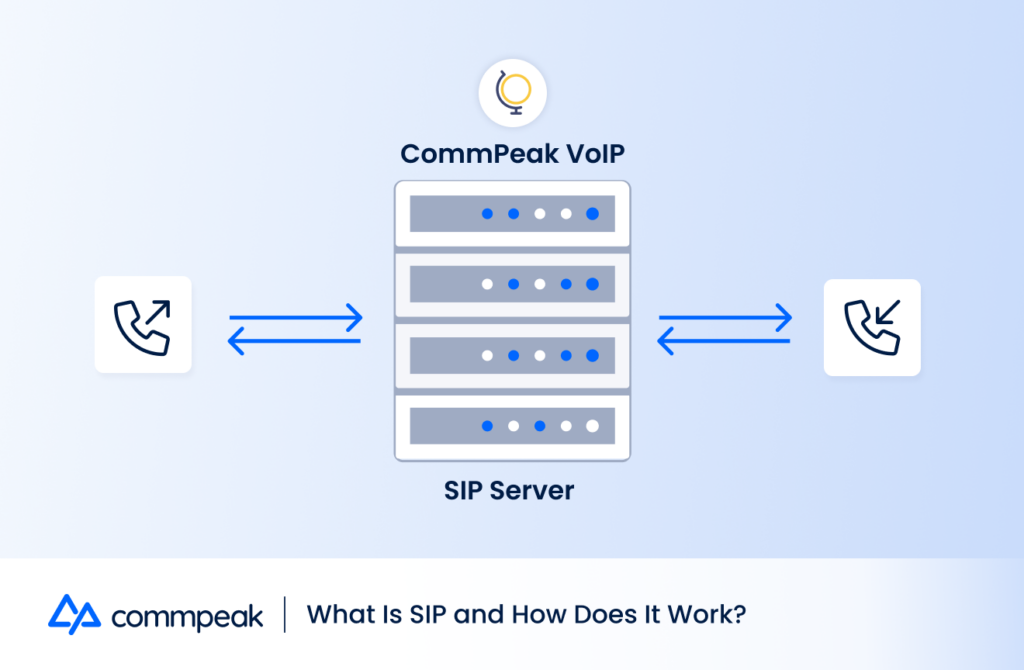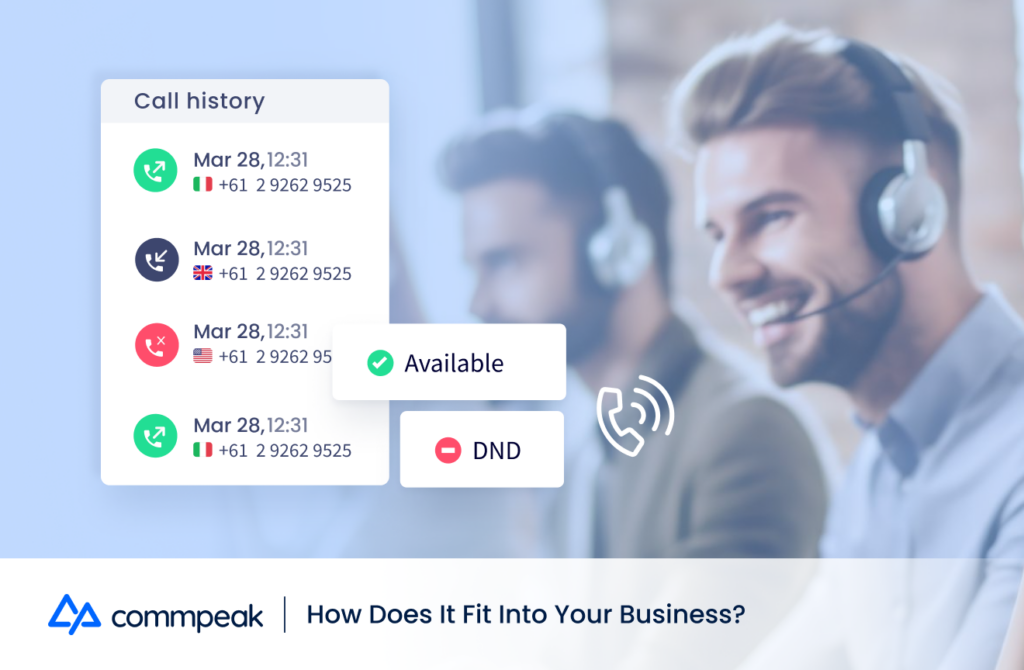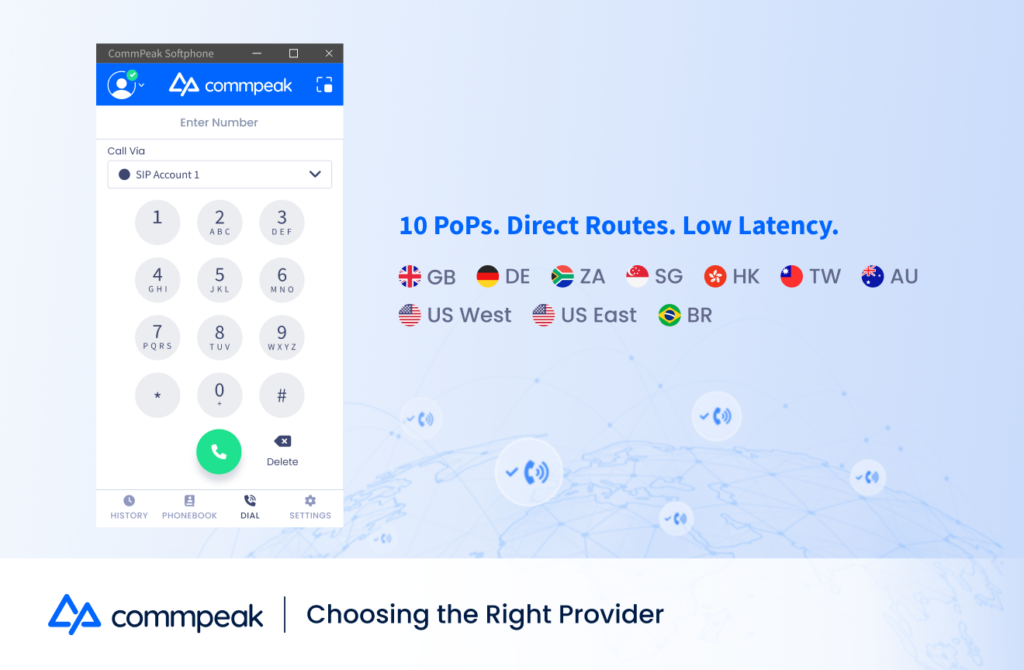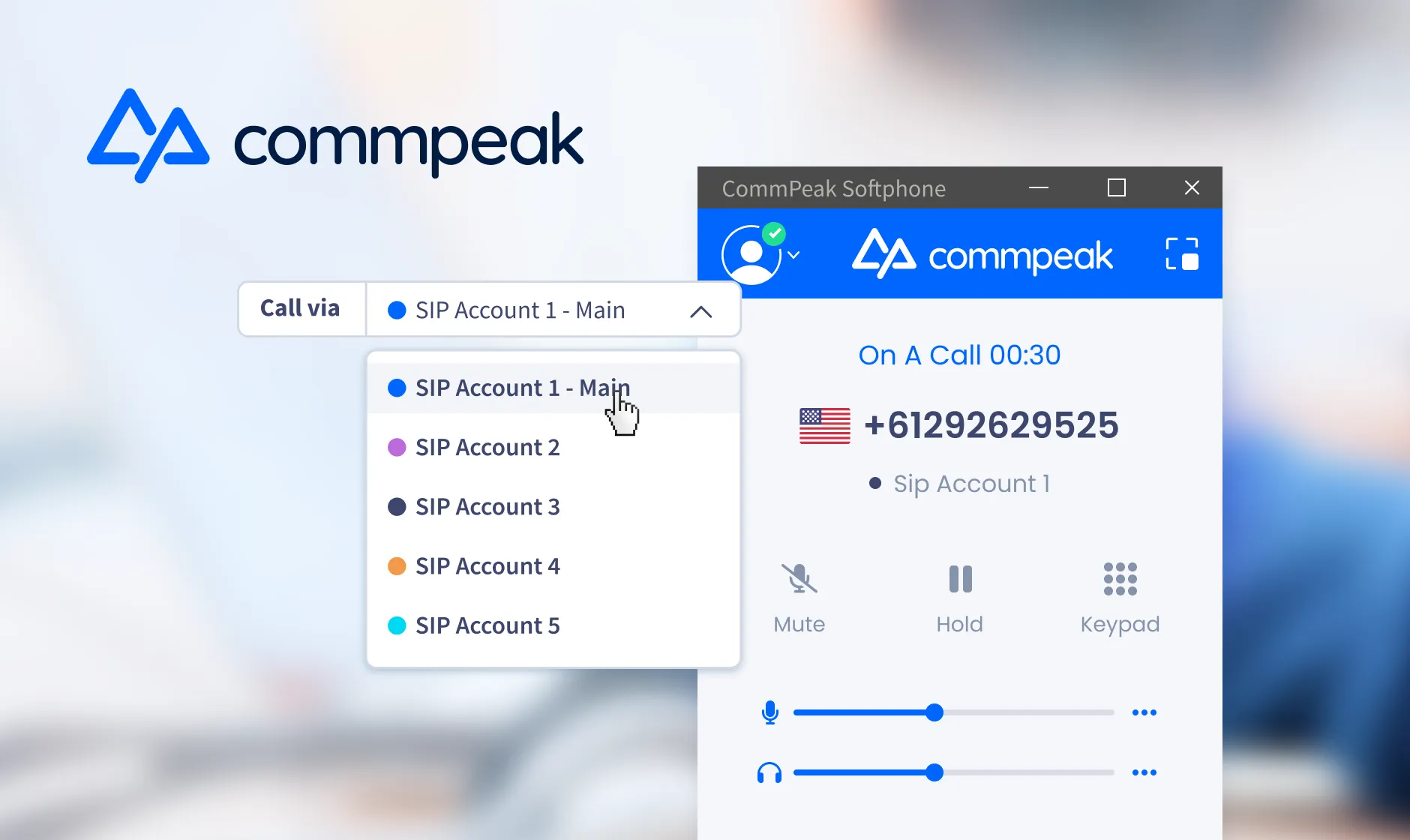Imagine making a call, picture the entire process in your mind: you pick up a phone, dial a number, listen for the ringing on the other end, and wait for the person you contacted to pick up and start the conversation.
Easy and simple, right? It’s what most people see and know about how phone calls happen, but that’s not the only thing going on. There, in the background, in the world of transmissions and electrical signals, is a host of other processes happening, invisible to everyone but essential to keeping the entire thing running.
As technology keeps developing and we move further into the digital age of cloud solutions with each passing year, we also move away from analog technology and copper wires that built these systems in the first place. And, without the physical hardware, it can be harder to visualize and understand how these devices work.
For the most part, there aren’t wires connecting hardware from one point to another, giving our communication tangible touchstones. You may not know the specifics of analog communication, but you get a general idea just from looking at the copper lines dangling from telephone poles and connecting to your personal phone. The same can’t really be said for communications made over the Internet.
The beating heart of many digital communication systems is VoIP and the SIP tech, and understanding how it functions will go a long way in ensuring that you can maximize its potential. Read on if you want a quick overview of the subject:

What Is Session Initiation Protocol and How Does It Work?
Session Initiation Protocol, also known as SIP, is a set of rules that facilitates communication over the Internet. It tells a device when to send a signal out, where to send it, and how to interpret the signals it receives to establish a communication line between the people who want to talk to each other. Think of it as the foundation and different forms of communication over the Internet like chat and voice calls the structures built on top of it.
A SIP account, on the other hand, works like any other account on the Internet; you need a username, a password, and a place to use them—in this case, that place is a SIP server. Once you’re registered, that means you can send things out and when people want to send something back to you, they know where to find you.
So when you call someone, your device will send out a signal to the server with the details of your account and the account you want to contact. The server looks for the person’s details and sends your signal over their way. The person you’re calling receives the signal through their own phones or computers, a connection is established, and they will see that they have received a call.

As you start, continue, and end your conversation, signals continue to be traded back and forth in the background to maintain the line and ensure that the connection is still working the way it should be.
And when you put all these together you get Voice over IP (VoIP)—calls transmitted over the Internet. Instead of copper wires, all these things can now be done over Wi-Fi, the same way you might perform any other task on the Internet.
Because of this, you get a lot more flexibility. A computer has a lot more processing power than a phone, meaning you can streamline your operations, make it more efficient, and perform tasks that were previously not possible over analog channels.

How Does It Fit Into Your Business?
Communication lies at the core of every business. After all, where would you be if you couldn’t talk to your customers? Marketing promotions, updates, order confirmations—it’s almost impossible to run any business without these things. And in this day and age, it just makes more sense to take advantage of the capabilities of the Internet and use technology like SIP and VoIP.
You probably already have computers for your business, and that’s really all you need to take advantage of Internet communication. You don’t have to do much to get everything up and running, and the benefits far outweigh the costs.
You’ll have access to significantly lower rates and you never have to think about maintenance since your provider will take care of everything for you. There’s no hardware to take up space in your offices, and it’s easier to scale alongside your growing business.
As your operations get bigger, you’re going to need more and more phone lines to handle both your inbound and outbound calls, and you won’t have any problems with that with virtual phones. Physical limitations won’t stop you; however many lines you need, you can get without any trouble.
Analog setups may have slightly better quality, but the wide variety of features that come with VoIP and SIP more than makes up for it. Whatever customization you need to fit your business is a lot easier and cost-effective when everything is happening in the cloud.
And if you want to expand, that’s no problem either. You can integrate other add-ons, such as autodialers and SMS features, easily. You can have whatever your business communication system needs to take your operations to the next level.

Choosing the Right Provider
There are a lot of SIP and VoIP providers out there, and finding the one that has everything you need can be overwhelming. There’s a lot to choose from, and with so many companies vying for your attention, it’s good to have a clear set of goals in mind and a good knowledge base of the technology you’re looking for.

Here’s a quick and easy FAQ for you if you still have questions:
What are the qualities of a good VoIP provider?
It’s always a good idea for your provider to have a good package for international VoIP calls that will scale well as your business continues to grow. If your operations have specific communication needs, you should also find out if the provider can cover them.
What factors affect call quality?
The biggest factor on your side would be your network setup. Make sure that you’re working with reliable Internet service providers that will ensure that your calls get no latency or jitter issues.
It’s also essential that you find a VoIP provider that has high-quality tier-1 connections with various countries and a robust infrastructure to support their services.
What are the downsides of SIP calls?
There aren’t many significant limitations when it comes to digital calls. The quality may be slightly worse compared to analog setups, but the easy scalability and wide variety of features more than make up for it.
Do VoIP calls support integrations?
Yes. Since everything is done online, as long as your provider has the infrastructure for it, you have near-endless options when it comes to integrations.
With CommPeak, you’ll get a one-stop shop for all your business communication needs. We don’t just stop at SIP accounts and VoIP systems. You can also get an autodialer, SMS services, your own CloudPBX, and so much more, all found in one convenient and user-friendly portal to cater to all your needs.
And that’s not all. Our setup also supports a wide variety of CRM integrations to help keep your business running smoothly and easily.


